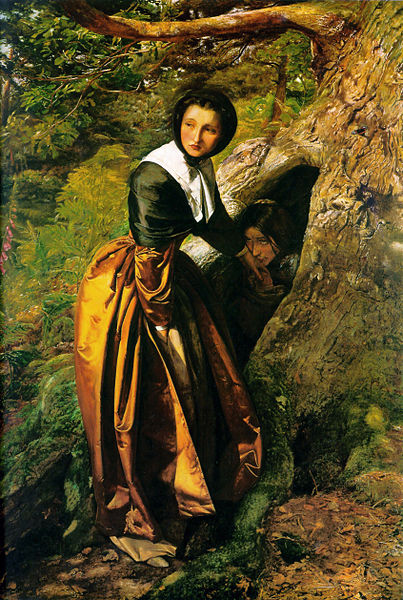Infinite photos and videos for every Wiki article ·
Find something interesting to watch in seconds
Celebrities
Rare Coins
Animals
Countries of the World
Recovered Treasures
Presidents
Largest Empires
Wonders of Nature
Crown Jewels
Famous Castles
Sports
Best Campuses
Richest US Counties
British Monarchs
Great Museums
Largest Palaces
Wars and Battles
Great Artists
Kings of France
Ancient Marvels
Great Cities
Supercars
Tallest Buildings
Orders and Medals
History by Country
World Banknotes
more top lists





